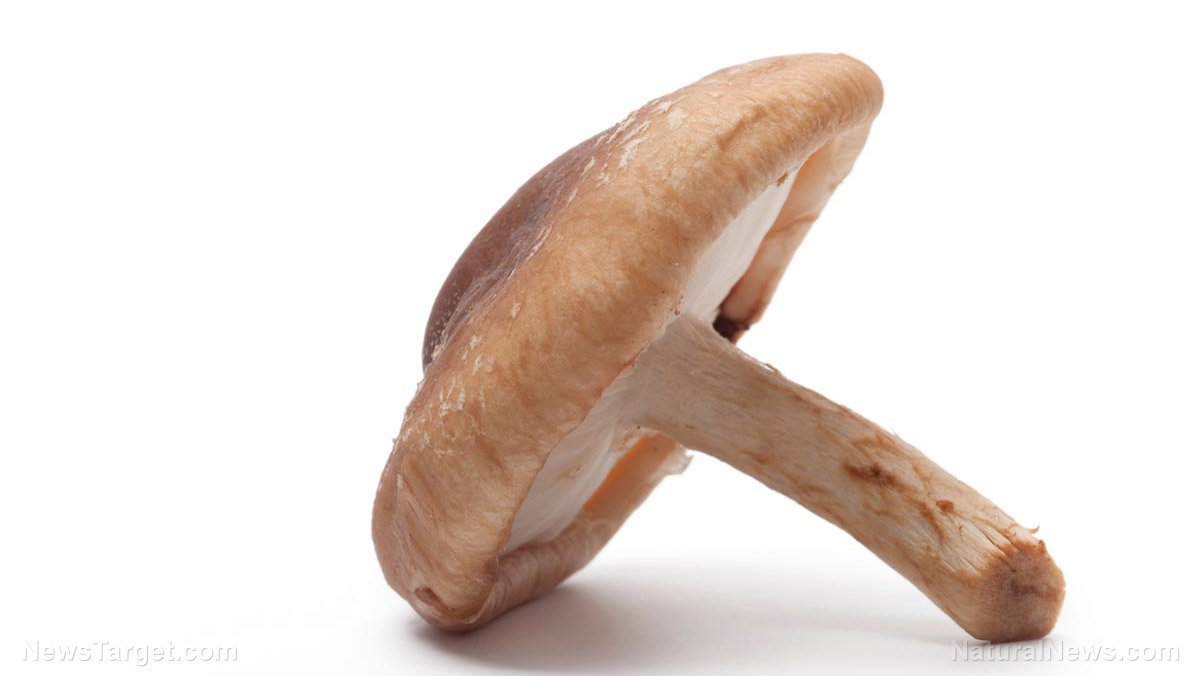Here’s why you need a tropical vacation this winter: Study finds a link between sun exposure and weight loss
01/16/2019 / By Rita Winters

When we think about winter, what comes to mind? While the holidays are about friends and family, the downside is, you also gain a few pounds. In light of that, how exactly do you lose weight during the winter months — if it’s so cold and all you want to do is cuddle up beside the fireplace? A study from the University of Alberta explains that taking a vacation in the tropics might be the best way to lose weight during those long, dark days of winter.
The sun and its wonders
When thinking about shedding some weight, sunbathing isn’t usually the first thing to come to mind. Researchers found that the blue light wavelengths or the visible rays from the sun affect subcutaneous fat (fat under our skin). During the winter season, when the sun is hidden most of the time, fat cells grow and build up causing us to gain weight. Aside from providing us with a daily dose of vitamin D, the sun also affects our circadian rhythms – sleep-wake patterns – through our eyes. (Related: Get that baby outside: New study finds exposure to high levels of vitamin D in early childhood reduces risk of diabetes.)
Dr. Peter Light states that fat cells are highly sensitive to blue light wavelengths. When exposed, lipid droplets – fat inside the cells – shrink in size and are released from the cell. Inversely, the lack of exposure to sunlight causes the cells to store up on fat, which the body uses for energy, causing people to increase in size and weight. During the winter season, people tend to gain five to seven pounds on average. As compared to people who live in tropical places, Americans who live in northern states are particularly heavier.
However, the study has not yet determined the intensity nor the duration of light necessary to shed a certain amount of fat. The association between blue light wavelengths and subcutaneous fat was discovered only by accident during another study which involved bioengineering fat cells to produce insulin as a response to light, in order to help patients with Type 1 diabetes. To sum up the researchers’ findings: Fat cells beneath the skin have a light-sensitive pathway that responds to certain wavelengths of light.
Spend the holidays on the beach this year
During winter, with its cold winds and longer nights, people tend to succumb to what the environment generally suggests. Mental disorders such as seasonal affective disorder (or “winter blues”) and depression are triggered by the darkness and lack of sunlight. Furthermore, the study above discusses that it also induces unwanted weight gain. In order to combat the onset of mental and metabolic disorders, here are some tips worth considering during this winter season.
- Brighten up – In this case, your environment. Add more light sources in your home, and lighten up the room you spend the most time in. The dining area should be the brightest because it is where the family eats and spends time together.
- Eat right – There are many foods that help increase your happiness levels, such as chocolate and red wine. They also have antioxidants that help reduce the negative effects of aging (such as Alzheimer’s disease or dementia). Avoid food that elevates your glucose levels, like added sugars and empty carbohydrates.
- Look up light therapy – Light therapy is a new way to treat mental conditions such as depression and SAD. By staying close to a bright light or a dawn simulator, our brains think that we are getting exposed to sunlight, reversing the symptoms of the negative mental conditions.
- Use up your vacation credits – Keep the winter blues (and the fat) away by taking a leave from city life and visiting tropical countries, where the sun shines for most of the year.
For more science news and stories concerning weight loss, depression and more, visit Scientific.news.
Sources include:
Tagged Under: circadian rhythm, fight obesity, natural remedies, natural weight loss, slender, sunlight benefits, vitamin D, weight loss



















